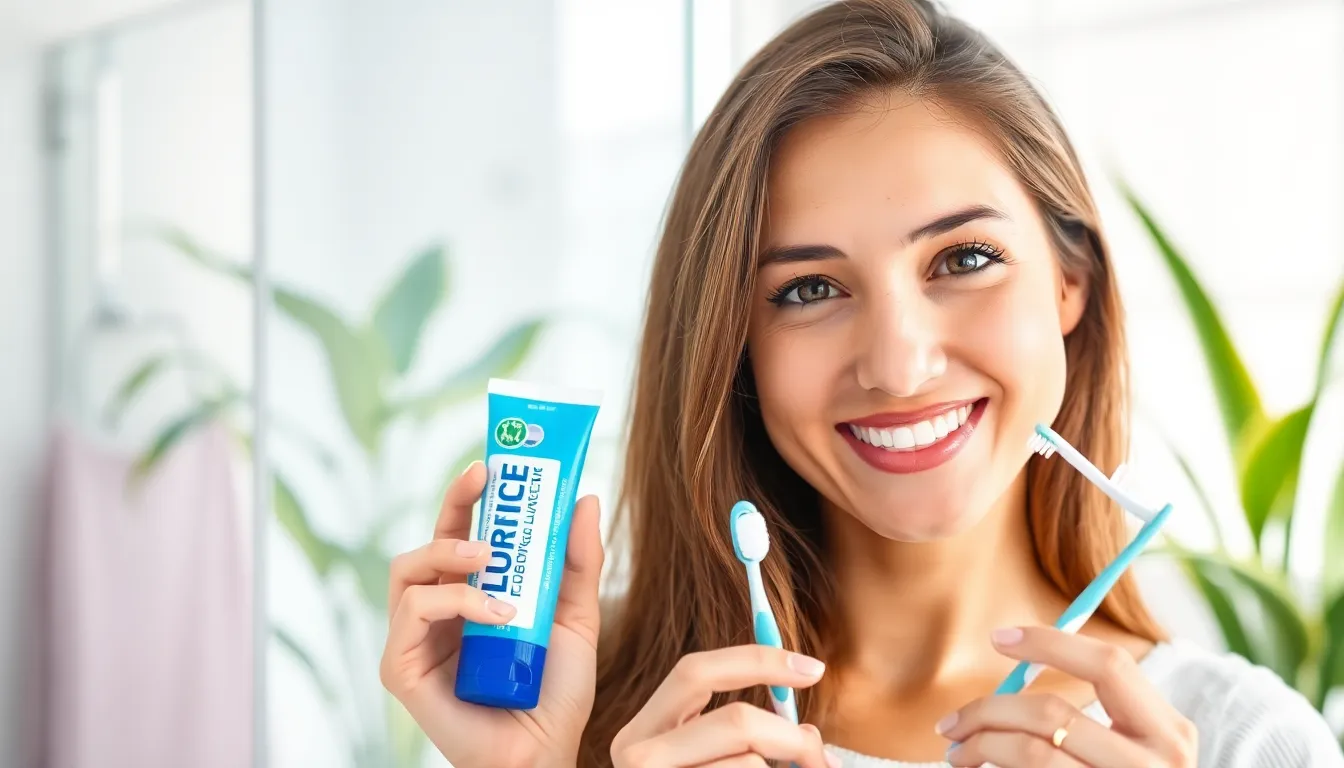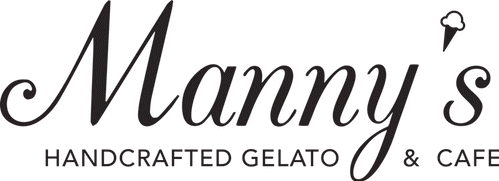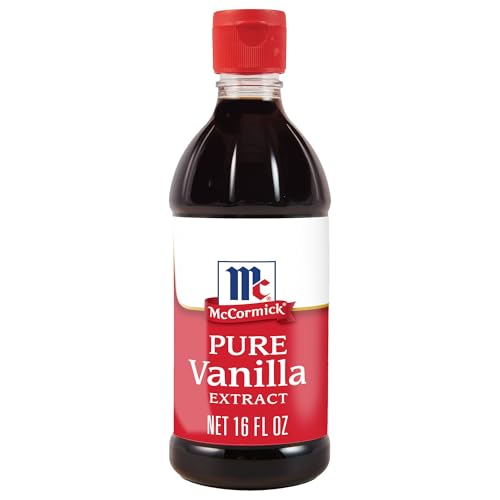Slow Cooker Recipes: Easy Meals, Less Effort!
Family-friendly dishes for busy people — quick prep, delicious results.
Grab yours for $4Do you struggle with coffee breath that lingers after your morning cup of joe? That unmistakable odor can make you self-conscious during important meetings or close conversations, potentially affecting your confidence throughout the day.
Coffee breath happens because compounds in coffee interact with your saliva and tongue, creating a distinct aroma that others might notice before you do. Fortunately, you don’t have to choose between enjoying your favorite brew and fresh breath. With a few simple strategies involving proper hydration, oral hygiene products, and smart eating habits, you can neutralize coffee breath quickly and effectively.
Understanding Coffee Breath: What Causes It
Coffee breath occurs when volatile compounds in coffee interact with your mouth’s environment, creating that distinct unpleasant odor. These compounds include sulfur-containing molecules, aldehydes, and ketones that linger in your mouth long after you’ve finished your cup. The bitter substances in coffee also stimulate acid production in your stomach, which can contribute to bad breath when it travels back up your esophagus.
Your morning brew contains over 1,000 aroma compounds that create its complex flavor profile but unfortunately contribute to coffee breath. The caffeine in coffee reduces saliva production, creating a drier mouth where bacteria thrive and produce foul-smelling gases. Tannins, the compounds that give coffee its bitter taste and dark color, stick to your tongue’s papillae and create a coating that harbors odor-causing bacteria.
Dairy additions like milk or cream contain proteins that break down in your mouth and release additional sulfurous compounds. Sugar in coffee feeds oral bacteria, accelerating their reproduction and waste production that intensifies bad breath. The high temperature of hot coffee also increases the volatility of aromatic compounds, making them more likely to be released as you speak or breathe.
Immediate Solutions for Coffee Breath

Coffee breath doesn’t have to ruin your day or social interactions. These practical answers help eliminate the unpleasant odor quickly and effectively, allowing you to enjoy your coffee without worrying about bad breath.
Drinking Water After Coffee
Drinking a large glass of water immediately after finishing your coffee creates a natural cleansing effect in your mouth. Water helps wash away acids and coffee particles that contribute to bad breath. The rinsing action dislodges coffee residue from your tongue and between your teeth where bacteria thrive. Keeping hydrated throughout the day maintains saliva production, your body’s natural defense against odor-causing bacteria.
Using Sugar-Free Gum and Mints
Chewing sugarless gum stimulates saliva production, which naturally cleanses your mouth and reduces odor-causing bacteria. Sugar-free mints and cough drops work similarly by freshening breath while avoiding sugar that feeds bacteria. The chewing action helps dislodge food particles and coffee residue stuck between teeth. Gums containing xylitol offer additional benefits by inhibiting bacterial growth in your mouth.
Brushing Your Teeth and Using Mouthwash
Brushing your teeth about 30 minutes after drinking coffee significantly reduces coffee breath intensity. Toothpastes containing zinc or clove oil provide enhanced antibacterial benefits that target the exact compounds causing coffee breath. Follow brushing with a thorough mouthwash gargle to kill remaining bacteria and freshen your breath. For on-the-go situations, keeping a travel-sized toothbrush and mouthwash in your bag ensures you’re prepared to combat coffee breath anywhere.
Food-Based Remedies for Coffee Breath

Certain foods naturally combat coffee breath by neutralizing odors and stimulating saliva production. These easily accessible remedies work effectively after your morning cup to freshen your breath without special products.
Eating Fresh Fruits and Vegetables
Crunchy fruits and vegetables actively fight coffee breath through multiple mechanisms. Apples, carrots, and celery contain natural fibers that physically scrub away coffee residue from your teeth and tongue while increasing saliva flow. Their high water content helps hydrate your mouth, counteracting the drying effects of caffeine that create an environment for odor-causing bacteria. The natural enzymes in these fresh foods break down the sulfur compounds responsible for coffee breath. Try keeping sliced apples or baby carrots at your desk for a quick remedy after your coffee break.
Dairy Products That Neutralize Coffee Odors
Dairy products effectively neutralize coffee breath through their unique protein composition. Milk, yogurt, and cheese contain casein proteins that bind directly to the sulfur compounds in coffee, rendering them odorless. A small serving of Greek yogurt or a piece of cheese after your coffee creates a protective coating in your mouth that prevents odor development. Low-fat dairy options work just as effectively as full-fat varieties while adding fewer calories to your diet. Many coffee drinkers find that adding a splash of milk to their coffee not only improves the taste but also reduces the intensity of resulting breath odors, though black coffee drinkers can simply consume dairy separately after finishing their cup.
Long-Term Strategies to Prevent Coffee Breath

Preventing coffee breath requires consistent habits and thoughtful changes to your daily routine. These strategies help eliminate the persistent problem of coffee-related bad breath when implemented regularly.
Modifying Your Coffee Habits
Black coffee reduces breath odor more effectively than coffee with additives. Research shows that drinking coffee without milk or sugar prevents feeding the bacteria that cause bad breath, and black coffee may actually reduce sulfur compounds responsible for unpleasant odors. For flavor without bacterial growth, try stirring your coffee with cinnamon sticks or vanilla beans instead of sugar. Green tea, herbal tea, and chicory root coffee serve as excellent lower-acidity alternatives that produce less mouth odor while still providing a warm beverage experience. Drinking your coffee through a straw minimizes contact with teeth and tongue, significantly reducing both odor development and potential staining on dental surfaces.
Maintaining Good Oral Hygiene
Brushing your teeth immediately after finishing coffee removes residue that causes persistent bad breath. Specialized toothpastes containing zinc or clove oil offer antibacterial properties that specifically target coffee breath compounds. Chewing sugarless gum stimulates saliva production, naturally washing away coffee particles while masking lingering odors without adding sugar that feeds bacteria. Alcohol-free mouthwash provides effective odor control without drying out your mouth, which would otherwise worsen breath issues. Rinsing with water after drinking coffee helps neutralize acids and wash away bacteria that contribute to coffee breath. Consistent hydration throughout the day maintains healthy saliva flow that naturally controls odor-causing bacteria in your mouth.
Fresh herbs like parsley and mint leaves work as natural breath fresheners when chewed after coffee, neutralizing odors at their source. Crunchy fruits and vegetables such as apples and carrots perform double duty by scraping away plaque and stimulating saliva production that fights bad breath. Persistent bad breath even though these measures might indicate underlying dental issues that require professional attention from your dentist.
Products Specifically Designed to Combat Coffee Breath

Several specialized products effectively eliminate coffee breath by targeting its root causes. These answers are formulated to neutralize odor-causing compounds and restore oral freshness after enjoying your favorite brew.
Sugar-Free Breath Mints and Gum
Sugar-free gum and mints combat coffee breath by stimulating saliva production, which naturally cleanses your mouth of odor-causing bacteria. Brands containing xylitol or zinc provide additional benefits by actively fighting bacteria that contribute to bad breath. The increased saliva helps wash away coffee residue while neutralizing acids that develop in your mouth after coffee consumption.
Specialized Mouthwash Formulations
Mouthwashes containing zinc ions offer superior protection against coffee breath. Zinc effectively neutralizes the sulfur compounds responsible for unpleasant coffee odors and prevents bacteria from producing more sulfur gas. SmartMouth Activated Oral Rinse utilizes clinically proven zinc ion technology that prevents bad breath for up to 12 hours per use. Users who incorporate this product twice daily experience approximately 50% reduction in bad breath intensity. Alcohol-free varieties are particularly recommended as they avoid drying out your mouth further after coffee.
Advanced Oral Hygiene Products
Fluoride toothpastes designed specifically for coffee drinkers remove stubborn coffee residue while fighting bacterial buildup. These products often contain additional antibacterial agents that target the exact bacteria responsible for coffee breath. Pairing your brushing routine with proper flossing significantly enhances your defense against lingering coffee odors.
Hydration Answers
Portable water bottles help maintain oral hydration throughout the day, counteracting the dry mouth caused by coffee’s caffeine and tannins. Hydration tablets that dissolve in water can enhance the mouth-cleansing effects while replenishing electrolytes. These products offer convenient ways to rinse away coffee particles, acids, and bacteria that cause persistent odors.
Alternative Beverage Products
Green and black tea products provide refreshing alternatives that naturally stimulate saliva production. These teas contain compounds that help remove sulfur compounds from your mouth while delivering similar caffeine benefits. Many companies now offer specialized tea blends specifically marketed to coffee drinkers seeking fresher breath without sacrificing their caffeine routine.
Probiotic Oral Health Products
Yogurt-based products and probiotic lozenges introduce beneficial bacteria that decrease odor-causing bacteria in your mouth. Regular consumption of these specialized probiotics creates a healthier oral microbiome that’s naturally resistant to coffee breath. These products work by addressing the bacterial imbalance that coffee can create in your mouth.
Conclusion
Coffee breath doesn’t have to ruin your social interactions or professional meetings. With the right combination of hydration practices oral hygiene products and smart dietary choices you can enjoy your favorite brew without worrying about offending others.
Remember that staying proactive is key. Keep water handy use sugar-free gum between brushings and consider adding breath-friendly foods to your post-coffee routine. For persistent issues try specialized products designed specifically to combat coffee breath.
By implementing these practical strategies you’ll maintain fresh breath while still enjoying your daily caffeine fix. Now you can sip confidently knowing you’ve got coffee breath under control.
Frequently Asked Questions
What causes coffee breath?
Coffee breath occurs when volatile compounds in coffee, including sulfur molecules, aldehydes, and ketones, interact with your saliva and tongue. The bitter substances in coffee stimulate stomach acid production, while caffeine reduces saliva flow, creating a dry environment where bacteria thrive. Tannins in coffee also stick to your tongue, harboring odor-causing bacteria. Together, these factors create that distinctive coffee breath odor.
How long does coffee breath last?
Coffee breath typically lasts 30 minutes to 3 hours, depending on several factors including your oral hygiene, hydration level, and what else you’ve eaten. Without intervention (like brushing teeth or drinking water), the smell can linger longer, especially if you’re dehydrated or have consumed coffee with additives like dairy or sugar.
Does adding milk to coffee make breath worse?
Yes, adding milk or cream to coffee can actually make coffee breath worse. Dairy products contain proteins that, when broken down in your mouth, release additional sulfur compounds. Sugar in coffee also feeds the bacteria in your mouth, causing them to multiply and produce more odor-causing byproducts. Black coffee generally causes less severe breath issues.
Can I drink coffee without getting bad breath?
Absolutely! You can enjoy coffee without suffering from bad breath by implementing simple strategies. Drink water after coffee to rinse away residue, chew sugar-free gum to stimulate saliva production, brush your teeth 30 minutes after drinking coffee, and consider eating crunchy fruits or vegetables afterward. These habits will significantly reduce or eliminate coffee breath.
Why does coffee breath seem worse in the morning?
Morning coffee breath is often worse because your mouth produces less saliva while you sleep, creating a dry environment where bacteria thrive. This “morning breath” combines with coffee’s odor-causing compounds for a more intense effect. Additionally, many people drink coffee before eating breakfast, which would otherwise help neutralize some of the odor.
Are certain types of coffee worse for breath than others?
Yes, darker roasts typically cause worse breath than lighter roasts due to their higher concentration of sulfur compounds and oils. Espresso and other concentrated coffee drinks can also produce stronger breath odors. Flavored coffees with syrups or added sweeteners feed oral bacteria, potentially intensifying bad breath compared to plain black coffee.
Does brushing teeth immediately after coffee help?
Dentists actually recommend waiting about 30 minutes after drinking coffee before brushing. Coffee’s acidity temporarily softens tooth enamel, and immediate brushing can damage this softened enamel. Instead, rinse with water right after coffee, then brush later. Using a toothpaste formulated for coffee drinkers can help remove stains and fight odor-causing bacteria.
What foods can neutralize coffee breath?
Several foods effectively neutralize coffee breath. Crunchy fruits and vegetables like apples, celery, and carrots physically scrub away coffee residue while stimulating saliva production. Dairy products contain proteins that bind to sulfur compounds, making them odorless. Fresh herbs like parsley, mint, and cilantro contain chlorophyll, which has natural deodorizing properties.
Can mouthwash eliminate coffee breath completely?
Specialized mouthwashes containing zinc ions can effectively neutralize coffee breath by binding to sulfur compounds. However, alcohol-based mouthwashes may temporarily reduce odor but can worsen the problem by drying out your mouth. For best results, choose an alcohol-free mouthwash specifically formulated to target sulfur compounds and use it after drinking coffee.
When should I see a dentist about coffee breath?
If you experience persistent bad breath despite good oral hygiene and implementing anti-coffee breath strategies, it’s time to consult a dentist. Chronic bad breath might indicate underlying dental issues like gum disease, cavities, or infections. A professional can rule out these problems and provide personalized solutions to address your specific situation.













